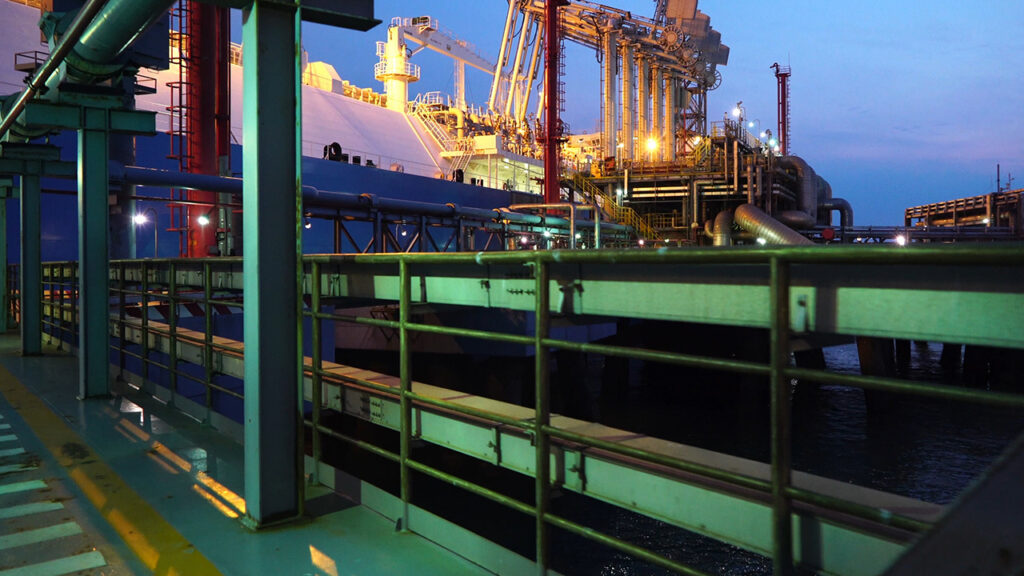
Maritime Boundaries: Outlook in 2021
As the dust settles on 2020 we highlight two current issues in the sphere of maritime boundaries as examples as to how these issues and disputes may impact on businesses operating or considering operating in maritime areas subject to boundary disputes.
Whilst land borders are by and large relatively certain, large parts of the world’s maritime boundaries are yet to be formally delimited. These disputes are often rooted in historical and/or political conflicts and situations can change at short notice. Looking ahead to 2021, businesses should consider their legal position prior to commencing operations in any disputed area and indeed conduct due diligence to establish the existence of any potential dispute given the reputational, operational and financial risks of getting this wrong.
UK maritime boundaries post-Brexit
We are all well aware of the Brexit rhetoric surrounding fishing and British waters. Post-Brexit an incident with the Irish fishing vessel “NORTHERN CELT” caused headlines in January 2021 as it was blocked by a Marine Scotland vessel within 12nm of Rockall.1 Separate from the UK-Ireland dispute relating to Rockall’s status and ownership, the incident seemed to have arisen from problems with issuing fisheries licenses to Irish fishing vessels post-Brexit, as opposed to wider issues.
The UK-EU Trade and Cooperation Agreement includes provisions for international maritime transport2 and offshore renewable energy in the North Sea3 but it does not strictly consider maritime boundaries. The primary legislation governing the rights over maritime territory generally fall outside of the EU legislation affected by Brexit. The UK’s status as a signatory to the primary convention, the United Nations Convention on the Law of the Sea (UNCLOS), and as a party to direct bilateral treaties establishing agreed maritime boundaries between the UK and European countries should therefore be largely unaffected and continue to apply in the same way after Brexit. Merchant vessels should therefore not expect any issues with transiting the UK EEZ but should be particularly aware of the assertion by the UK that Rockall attracts a 12nm territorial sea.
Nonetheless, the “NORTHERN CELT” incident could indicate an increased alertness to and enforcement of the territorial waters claimed by the UK after Brexit. Pursuant to Articles 3 and 57 of UNCLOS, the UK claims a 12nm territorial sea and a 200nm Exclusive Economic Zone (EEZ) over which the UK maintains various exclusive sovereign rights, for example in respect of oil and gas. However, the UK’s claim to Rockall and the 12nm surrounding it remain in dispute.
Continued boundary dispute in Eastern Mediterranean
Summer 2020 saw rising tensions in the Eastern Mediterranean as a result of Turkish drilling activities and a new bilateral agreement on maritime delimitation between Egypt and Greece.4 After a stand-off between Turkish and Greek frigates in August, the Turkish seismic survey vessel RV MTA Oruç Reis that had been operating in the region withdrew in September.
Turkey maintains that it has a legal interest in maritime areas of the Eastern Mediterranean which are also claimed by Cyprus. As a result, Cyprus and Greece have both expressly rejected Turkey’s claims in a number of diplomatic communications. Turkey, meanwhile, has rejected the legality of the Egypt-Greece maritime delimitation agreement entered into on 6 August 2020 and argues that it infringes on Turkey’s continental shelf.5
The EU continues to adopt a hard stance against Turkish drilling activities in the area. In November 2020, the EU Council announced that the existing sanctions regime against Turkey, consisting of travel bans and asset freezes on designated persons and entities, would be extended until 12 November 2021.6
Moving into 2021, tensions are still running high and any entity considering exploration in the region should account for the risks associated with the disputed maritime boundaries and potential extensions of the EU sanctions regime. In addition, given the rights afforded to the relevant coastal State pursuant to UNCLOS to board, inspect, arrest and commence judicial proceedings against vessels / companies, as necessary to protect its sovereign rights to explore, exploit, conserve and manage its resources, the risks of “getting it wrong” remain significant.
If you have any queries relating to maritime boundaries, please do not hesitate to contact us or your usual HFW contact.
Paul Dean
Partner, London
T +44 (0)20 7264 8363
E paul.dean@hfw.com
Michael Ritter
Partner, London
T +44 (0)20 7264 8449
E michael.ritter@hfw.com
Research undertaken by Johanna Ohlman, Trainee Solicitor.
Footnotes:
- https://www.irishtimes.com/news/ireland/irish-news/irish-vessels-near-rockall-face-increased-risk-of-arrest-1.4453631
- Article SERVIN 5.45-5.46
- Article ENER.23.2
- https://www.un.org/Depts/los/LEGISLATIONANDTREATIES/PDFFILES/TREATIES/GRCEGY.pdf
- https://undocs.org/en/A/74/990
- https://www.consilium.europa.eu/en/press/press-releases/2020/11/06/sanctions-regime-against-illegal-drilling-activities-in-the-eastern-mediterranean-extended-by-one-year/











